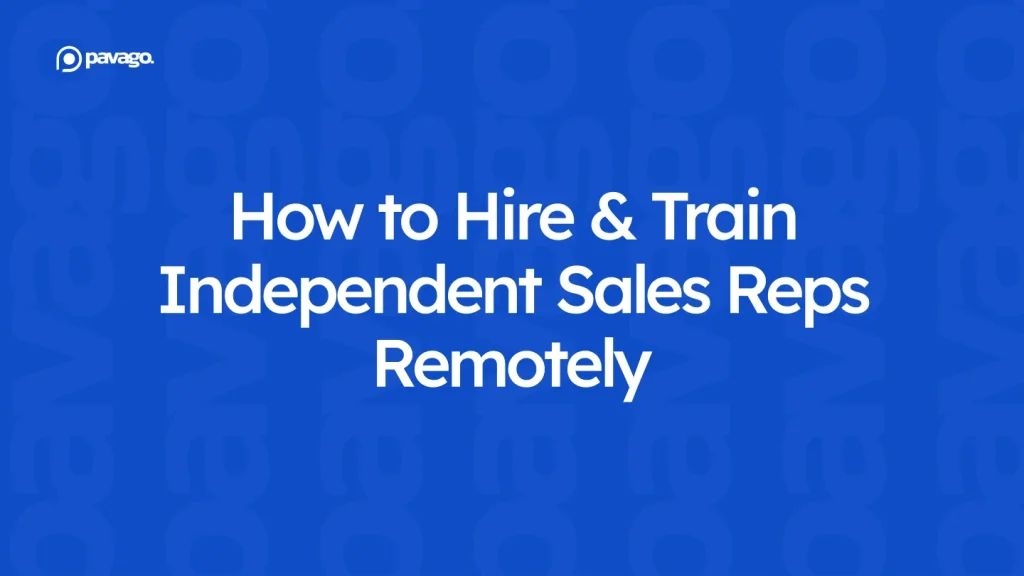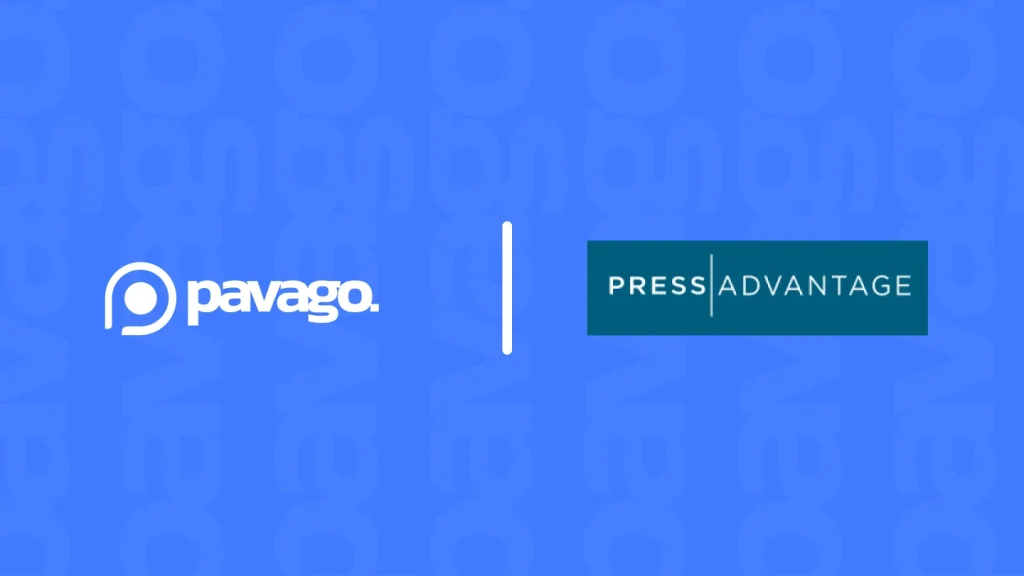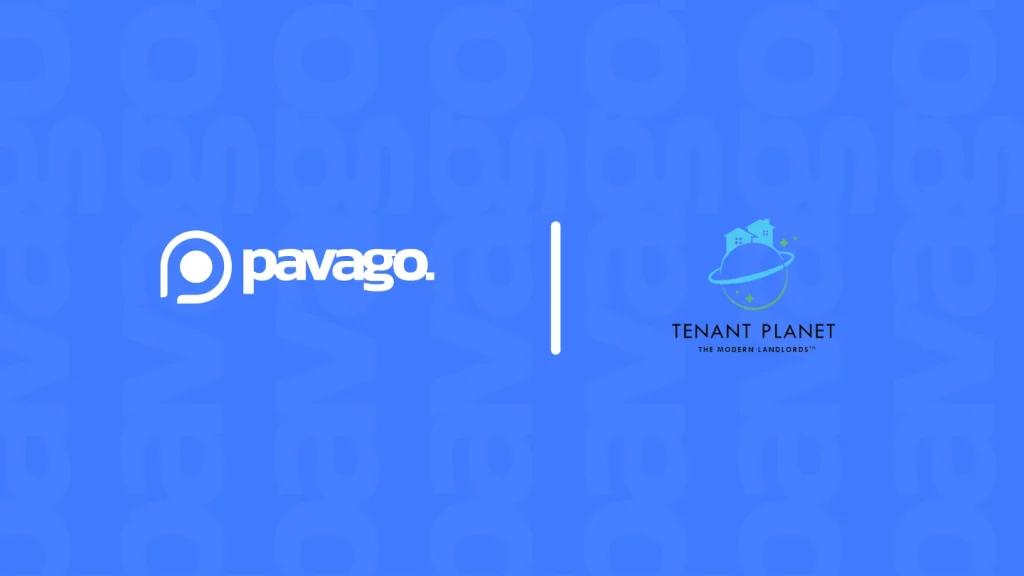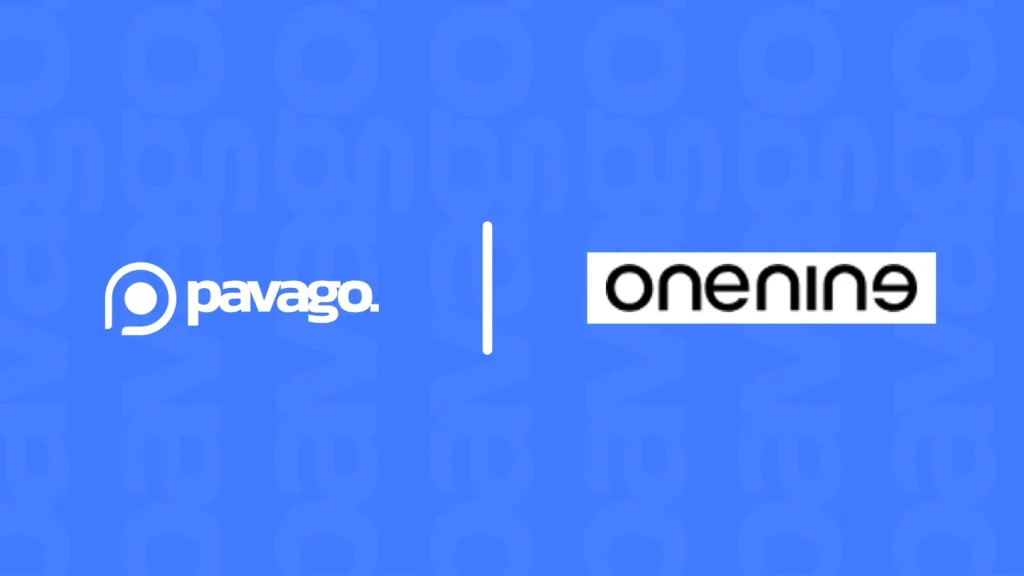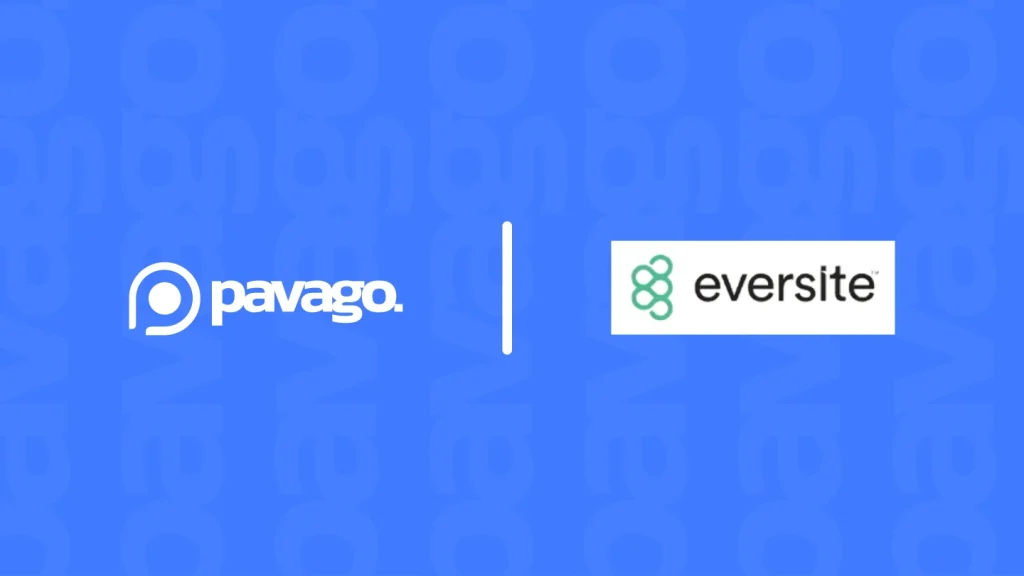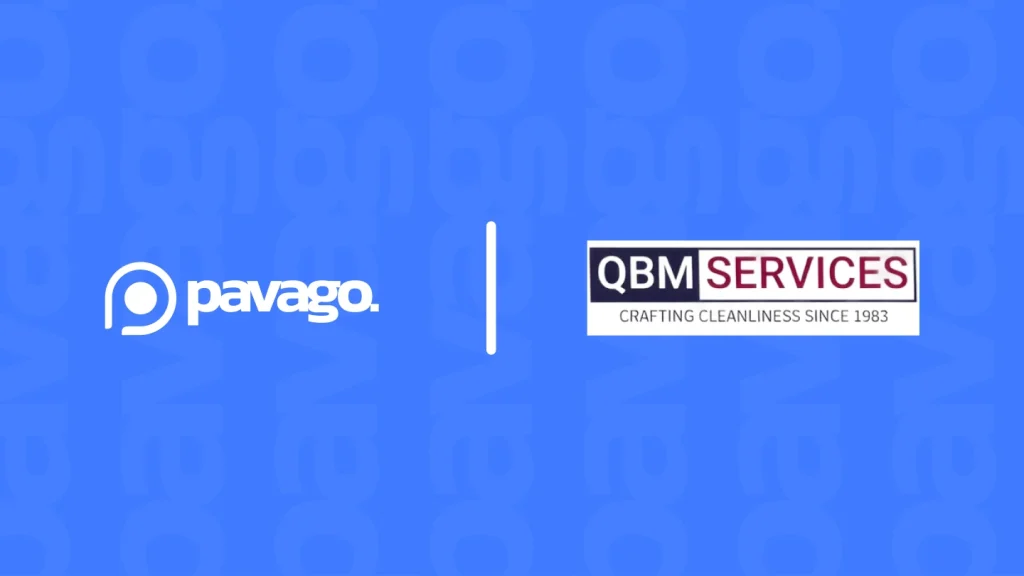If you’re trying to grow sales, you’ve probably thought about bringing on an independent sales rep.
On paper, they look like the dream: commission-only, no fixed salary, and they already know people in your industry. Sounds like a win, right?
Not so fast.
Independent reps can absolutely help in some situations, but they come with trade-offs: divided attention, limited loyalty, and they’re tough to scale into a real sales engine.
So let’s break this down — what independent sales representatives are, where they shine, where they don’t, and what alternatives (like remote closers) might give you a better shot at predictable growth.

What Is an Independent Sales Rep?
An independent sales rep is basically a self-employed salesperson. They sell for multiple companies at the same time and get paid strictly on commission. If they don’t close, they don’t earn.
You’ll see them a lot in industries like:
- Manufacturing and distribution.
- Medical devices and pharma.
- Real estate and insurance.
- B2B services where companies don’t want to risk a salary until sales are proven.
For a business owner, the appeal is obvious: someone’s out there selling your product, but you don’t owe them a dime unless they bring in deals.
The Upside of Hiring Independent Sales Representatives
There are real advantages here — let’s be fair.
- Low upfront risk. No salaries, no benefits — just commissions. This helps decrease recruitment costs.
- They know people. Many reps already have a book of contacts they can tap into.
- Good for testing. If you’re exploring a new market, it’s a cheap way to dip your toe in.
- Easy to part ways. If it’s not working, you just stop sending leads.
If you’re small, scrappy, or just experimenting with a remote sales team, an independent rep can be a quick win.
The Downsides of Hiring Independent Sales Representatives
Here’s where things get messy:
- Split focus. Independent reps are selling multiple products. Your business isn’t their #1 priority.
- Loyalty issues. If a competitor offers a better commission, they’ll pivot in a heartbeat.
- Quality control. You can’t always control how your product is being pitched or how professionally it’s being presented.
- Scaling problems. Commission-only reps might work for a one-off push, but you can’t build a predictable, repeatable sales engine this way.
The truth? Independent sales representatives work as a stopgap. They’re not a long-term sales strategy.

Independent Sales Representatives: Alternatives Worth Considering
If you’re serious about building a consistent sales pipeline, you’ll eventually need to look beyond commission-only independent reps. Two of the most common alternatives are full-time sales reps and remote sales closers.
1. Sales Development Reps
Full-time sales development reps are the traditional option: salaried employees who earn a base pay plus commission. The big advantage here is loyalty and alignment.
An in-house rep is fully dedicated to your company, deeply embedded in your culture, and easier to train and manage long-term.
The downside, of course, is cost. In the U.S., in-house reps often cost $6,000 to $8,000 per month, not including benefits. Add in the time and resources required for recruiting, and it can take months before they’re fully onboarded.
With Pavago, you can skip that pain entirely. We connect you with A-player sales talent globally at 50–70% less cost, typically between $1,500 and $3,000 per month.
These reps are vetted, technically interviewed, and ready to integrate into your systems in under three weeks.
And because we handle payroll, HR, and contracts, you get the performance of an in-house hire, without the overhead.
2. Remote Sales Closers
Remote sales closers, on the other hand, are full-time professionals who work remotely (often offshore) and are dedicated exclusively to your business. Unlike independent reps, they don’t split their time across multiple companies, and unlike in-house hires, they come at a fraction of the cost.
Salaries for remote closing candidates typically range from $2,000 to $3,000 per month when you offshore. They’re also easier to scale because you can add roles as your pipeline grows.
The main requirement is proper onboarding. Without clear expectations and systems, even the best closer can struggle. But once integrated, remote closers often perform like long-term in-house employees.
Where Pavago Fits In
Here’s the good news: you don’t have to figure this out on your own.
At Pavago, we help businesses with both:
- If you want to test a market with independent sales representatives, we’ll help you source them.
- If you’re ready to scale with dedicated remote closers, we’ll connect you with the top 1% global talent who work only on your pipeline.
And with Pavago, the messy parts — payroll, contracts, HR, compliance — are handled for you. Plus, if a closer doesn’t work out, we replace them for free.

Frequently Asked Questions
Summing It Up
Independent sales reps can be a useful option if you want to test new markets or add sales coverage without taking on the cost of full-time salaries.
Their commission-only structure keeps risk low, and their industry networks can open doors quickly. But the trade-offs — split focus, limited loyalty, and challenges with scalability — make them a shaky foundation for long-term growth.
For businesses ready to build a predictable sales engine, dedicated sales talent is almost always the better route. Remote closers, especially those vetted through Pavago, give you the best of both worlds: top 1% global talent, salaries 50–70% lower than U.S. hires, and full payroll and HR support.
That’s why Pavago helps with both.
If you need independent reps, we’ll connect you with the right ones. If you’re ready to scale with dedicated closers, we’ll deliver A-players who work only on your pipeline.
Either way, you don’t have to gamble on sales talent; we make sure you get the right fit for your growth stage.
Book a discovery call with Pavago and let’s find the right solution for your business.
